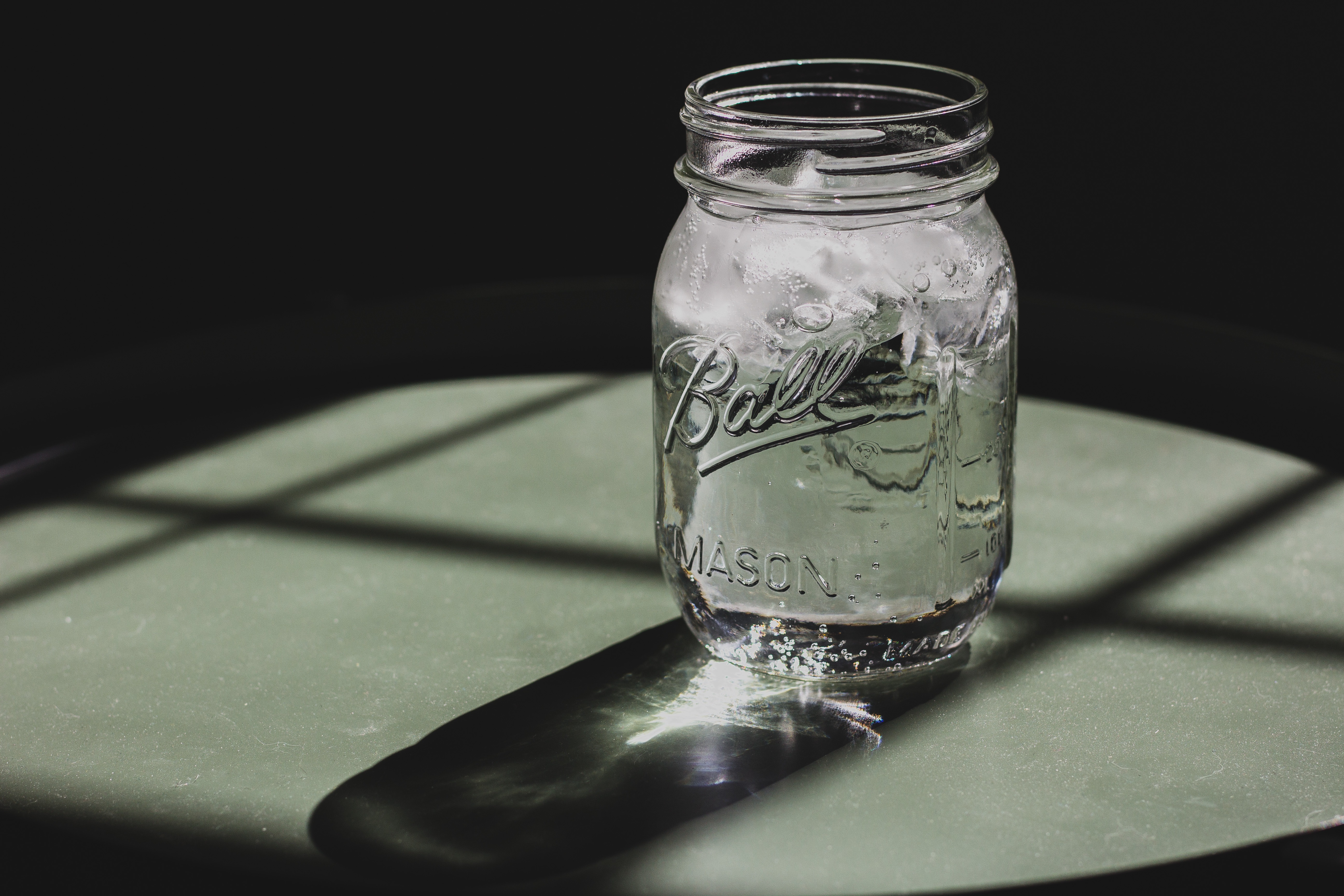Recently, a team of scientists at the United States Geological Survey (USGS) and University of Iowa discovered that even after raw source water from the Iowa River was treated at the University of Iowa drinking water treatment plant, the water still contained a particular class of pesticides known as neonicotinoids. 1 As acknowledged in the study, this is believed to be the first peer-reviewed study to document the presence of this class of pesticides in drinking water, causing the news to make headlines. 2

Neonicotinoids, including clothianidin, imidacloprid, and thiamethoxam, are primarily used on crops. This class of pesticides is very strong (10,000 times as powerful as DDT) and takes up to 19 years to fully break down in soil. 3 The Environmental Protection Agency has not yet defined safe levels of neonicotinoids in drinking water partially because this class of pesticides is relatively new. Though the doses of the pesticide found in the drinking water in Iowa were quite small (roughly the equivalent of a single drop of water in 20 Olympic-size swimming pools) and any potential health effects due to exposure are not known, this discovery is a reminder of the various environmental factors that can impact the quality of our water. 4
In the USGS and University of Iowa study, the Iowa City drinking water treatment plant used granular activated carbon filtration (GAC) technology while the University of Iowa drinking water treatment plant used rapid sand filtration technology. It is particularly noteworthy that the two plants were not equally effective at reducing neonicotinoid concentrations. In fact, it was the granular activated carbon (GAC) filtration technology that proved to be most effective at decreasing neonicotinoids in drinking water. 5 Though water treatment facilities across the country do not necessarily incorporate GAC technology into their filtration systems, the good news is that if you are concerned about pesticide contamination of your water, there are various water filtration solutions within your reach to provide you with peace of mind.
Radiant Life offers multiple filtration and purification system options that are designed to significantly reduce the concentration of pesticides (beyond just neonicotinoids) in your family’s water. These options include:
- Powerful Whole House Water Filtration Systems to address all of the water in your home: include a blend of different types of granular activated carbon
- A World-class Kitchen 14-Stage Biocompatible Water Purification System: includes both pre- and post-GAC filters
- Effective Point-of-Use systems (installed at your kitchen and/or bathroom sink, bathtub or shower): all are comprised of granular activated carbon media
